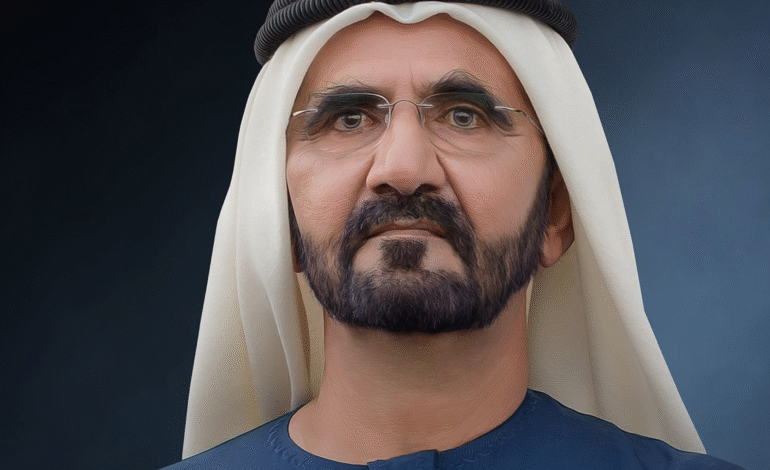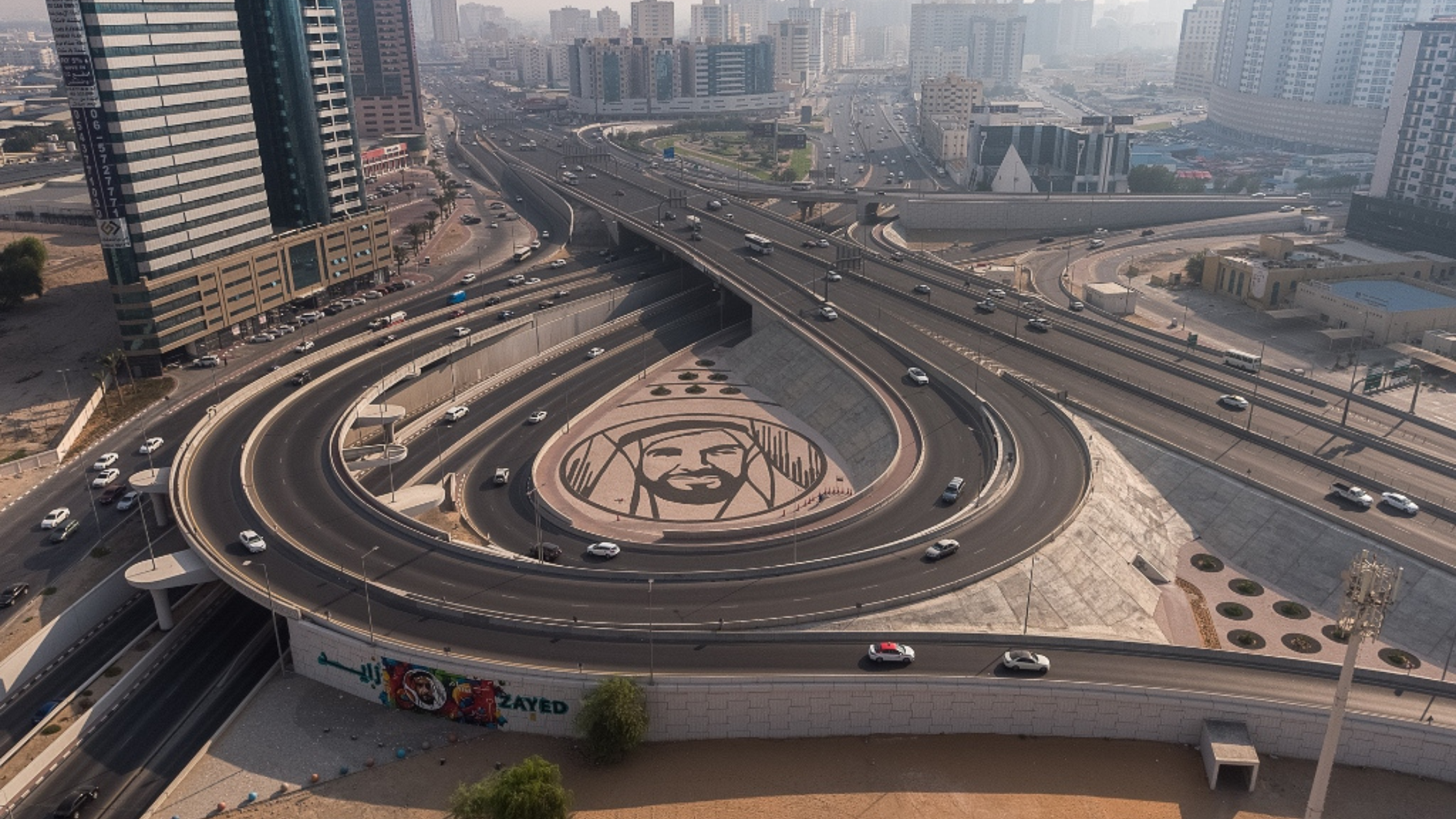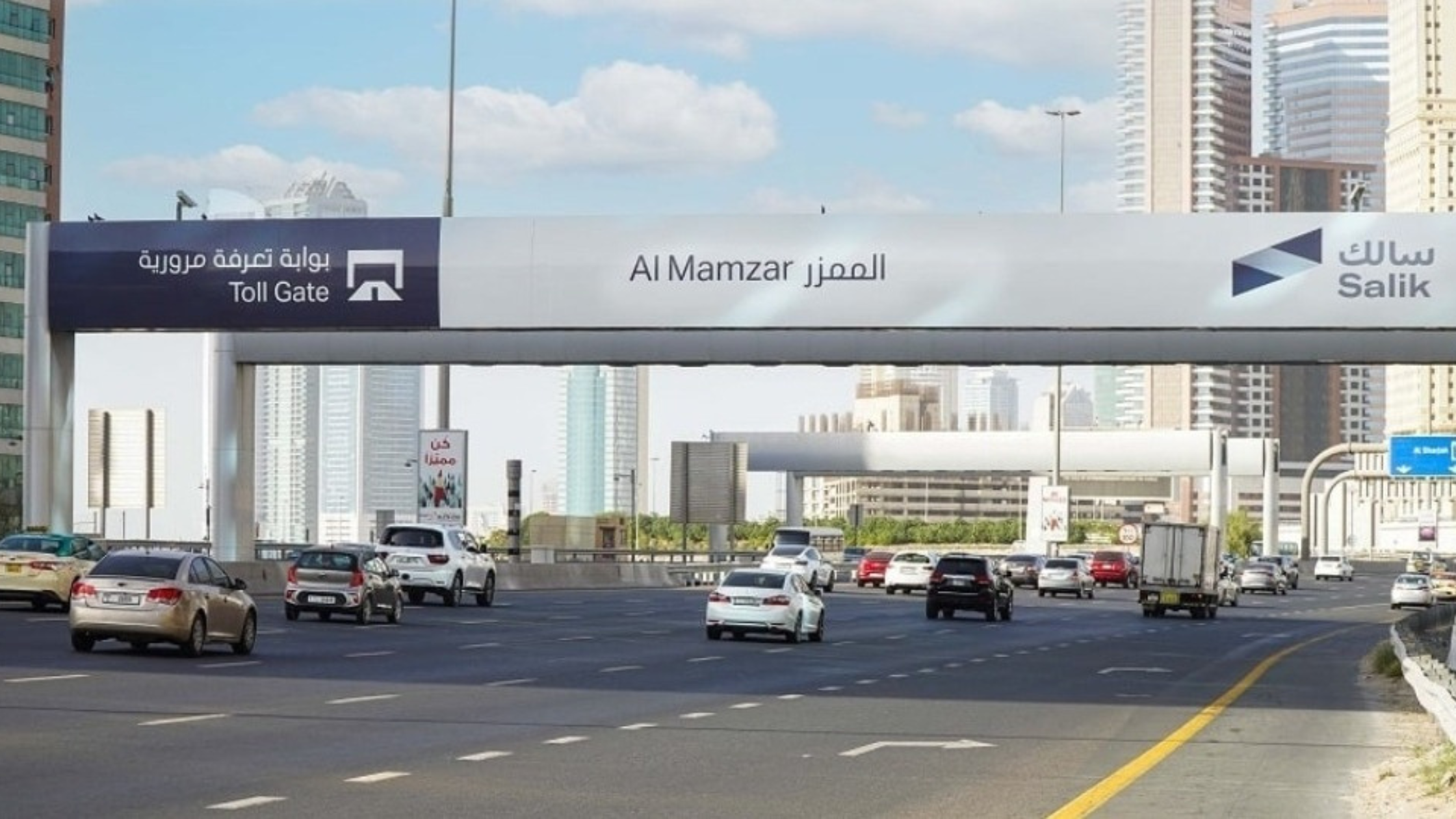UAE Launches Phase Two of Zero Bureaucracy Programme

In a strategic move to redefine public service delivery, His Highness Sheikh Mohammed Bin Rashid Al Maktoum, Vice President, Prime Minister of the UAE, and Ruler of Dubai, launched the second phase of the Zero Bureaucracy programme. This visionary national project aims to create simpler, faster, and more impactful government services.
Sheikh Mohammed emphasized the programme’s role in reshaping the UAE’s administrative landscape, delivering efficiency-driven governance that reduces complexity and enhances public satisfaction.
Transforming Government with Tangible Impact
The UAE government has already witnessed major success in the programme’s first phase, including the reduction of service delivery time by more than 70%, elimination of over 4,000 redundant procedures, and saving more than 12 million customer hours. These achievements underline the impact of efficient governance on societal and economic development.
Sheikh Mohammed expressed gratitude to the over 30 federal entities and 690 teams that contributed to this transformation. He emphasized that the new phase aims to eliminate digital bureaucracy, offering seamless, delay-free services that generate meaningful outcomes for all stakeholders.
Expanding the Scope of Reform
The second phase of the Zero Bureaucracy programme was officially launched during a high-profile event in Dubai, attended by more than 200 ministers, deputy ministers, and directors-general from various federal entities. The event highlighted the next stage’s goals, including full digital integration, elimination of unnecessary processes, and a streamlined digital government ecosystem.
Unified National Strategy for Public Service Excellence
The Zero Bureaucracy initiative serves as a holistic framework uniting ministries and government entities under a shared vision of transformation. Its strategic aim is to position the UAE as a global pioneer in service delivery, ultimately achieving a zero bureaucracy environment.
Vision Aligned with UAE Leadership
Mohammad Al Gergawi, Minister of Cabinet Affairs, affirmed that the programme’s success aligns with the leadership’s goal of putting citizens first and ensuring world-class service experiences. He praised the dedication of government teams and the results they delivered through cross-entity collaboration and service redesign.
He also emphasized that the first phase introduced a more agile government model, driven by re-engineering internal processes. The transformation saved an estimated AED 1.12 billion annually for public and private stakeholders alike.
Awarding Excellence and Innovation
Top-performing government entities that embraced the Zero Bureaucracy model were awarded a total of AED 7 million. This recognition reflects the value placed on innovation, performance, and commitment to driving effective change.
A New Chapter: Tackling Digital Bureaucracy
The second phase is laser-focused on eliminating digital bureaucracy. This means redesigning and streamlining online applications, improving government digital infrastructure for 24/7 accessibility, and integrating artificial intelligence to boost service speed, reliability, and personalization.
Enhanced Efficiency Through Inter-Governmental Synergy
The programme also aims to improve digital integration and data exchange between government entities. By eliminating overlapping services and requirements, the UAE seeks to create a seamless customer experience and foster a united digital ecosystem across all ministries.
Private Sector Engagement and Insight
A notable feature of the launch event was a panel titled “Zero Bureaucracy and the Private Sector,” featuring key private sector leaders including Marwan Ibrahim Haji Nasser, Chairman and CEO of Tadawi Healthcare Group, and Fouad Mansoor Sharaf, Managing Director of UAE Shopping Malls at MAF Properties. They shared insights on how the reduction of bureaucracy enhances private sector operations, increases customer satisfaction, and fosters business growth.
Spotlight on Ministry of Justice’s Success
Abdullah Bin Sultan Bin Awad Al Nuaimi, Minister of Justice, highlighted his ministry’s achievements in bureaucracy elimination, showcasing initiatives that secured the Ministry’s first-place award in the Zero Bureaucracy competition. Their work exemplifies how policy and execution can align to create real institutional change.
Comprehensive Strategy for the Second Phase
Mohammed Bin Taliah, Chief of Government Services, outlined the next phase’s roadmap. He emphasized the goal to remove all unnecessary digital requirements, streamline data flows, and adopt smart, collaborative practices across ministries. The phase also prioritizes innovation through joint solutions and best practices from leading global administrations.
Economic and Social Returns from Streamlined Governance
The first phase’s elimination of over 4,000 procedures has helped streamline 200 million annual transactions. The result has been annual savings of AED 1.12 billion and over 12 million hours for the public and private sectors. These numbers illustrate the economic importance of a lean and responsive government.
Deepening Digital Government Transformation
In this new stage, the Zero Bureaucracy programme will intensify efforts to modernize the digital interfaces used by citizens and businesses. A core focus will be achieving zero digital delays, ensuring real-time services, and integrating machine learning and AI-driven analytics for predictive service delivery.
Adapting Government for a Future-Ready Society
With technological transformation at the heart of the UAE’s development strategy, the government is committed to building infrastructure that not only supports today’s needs but anticipates future demands. The Zero Bureaucracy programme plays a vital role in preparing the country for global competitiveness.
Programme Legacy and National Significance
Since its launch in November 2023, the UAE’s Zero Bureaucracy initiative has stood as a national effort to future-proof governance. Its original targets included the removal of 2,000 procedures and a 50% reduction in processing times. The outcomes have already surpassed expectations, setting the bar high for the current and upcoming stages.
Promoting Government Culture of Efficiency
At the heart of this effort lies a cultural shift—encouraging every public servant to rethink how services are delivered and how policies can be implemented with minimal friction. Zero Bureaucracy instills this culture of efficiency, transparency, and responsiveness across government institutions.
Leveraging Artificial Intelligence in Governance
As part of its next-generation approach, the UAE will leverage AI to automate routine tasks, analyze service data for continual improvement, and design citizen-centric platforms that adapt based on usage patterns and feedback. This intelligent infrastructure will drive more intuitive and faster interactions.
Removing Friction in Government-Citizen Interactions
The overarching goal is to ensure that individuals, whether citizens, residents, or investors, no longer experience unnecessary wait times, repeated requests for documentation, or inconsistent services. Instead, Zero Bureaucracy delivers fluid, smart, and results-oriented government-citizen interaction.
Collaboration Between Public and Private Sectors
The initiative encourages active engagement with the private sector, recognizing that efficient governance supports economic competitiveness. The ongoing dialogue between business leaders and government stakeholders ensures that reform efforts align with market expectations.
Building the Most Agile Government Worldwide
By continuing to lead in administrative reform and digital excellence, the UAE is solidifying its position as one of the most agile, efficient, and future-ready governments globally. The Zero Bureaucracy programme not only transforms local services but also offers a global model of administrative best practice.
Aligning With Visionary National Goals
This programme is a cornerstone of the UAE’s broader ambition to become a world leader in innovation, digital economy, and citizen satisfaction. It is closely aligned with the nation’s strategic priorities for development, governance, and sustainability.
A Sustainable Future for Government Operations
Through ongoing innovation and performance tracking, the Zero Bureaucracy initiative will continue to eliminate outdated practices and foster long-term efficiency. This sustainability-centric approach ensures lasting benefits for generations to come.
By streamlining governance, enhancing digital capabilities, and eliminating administrative hurdles, the UAE’s Zero Bureaucracy programme reaffirms the country’s commitment to exceptional service, national innovation, and global excellence.







